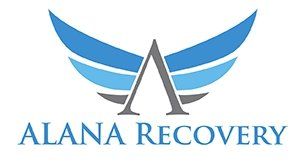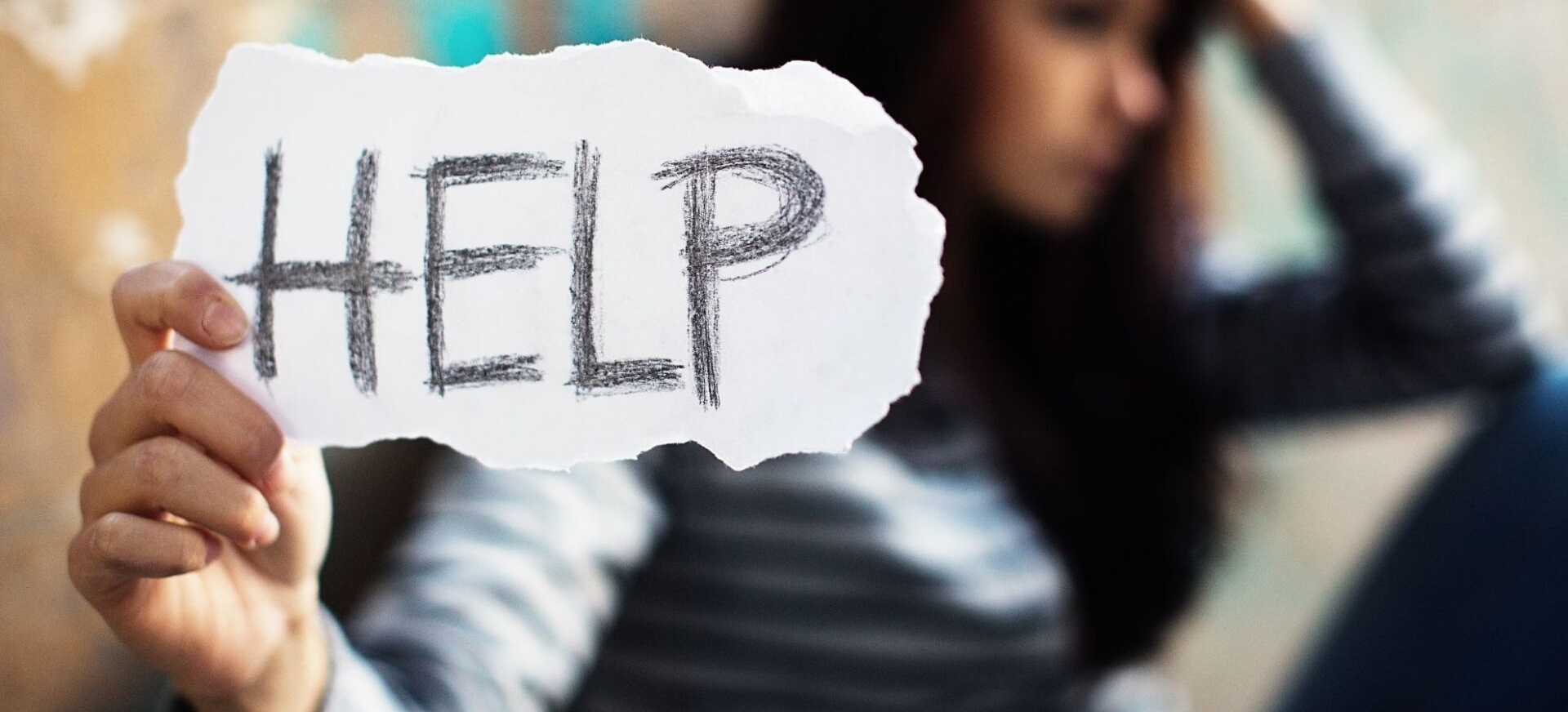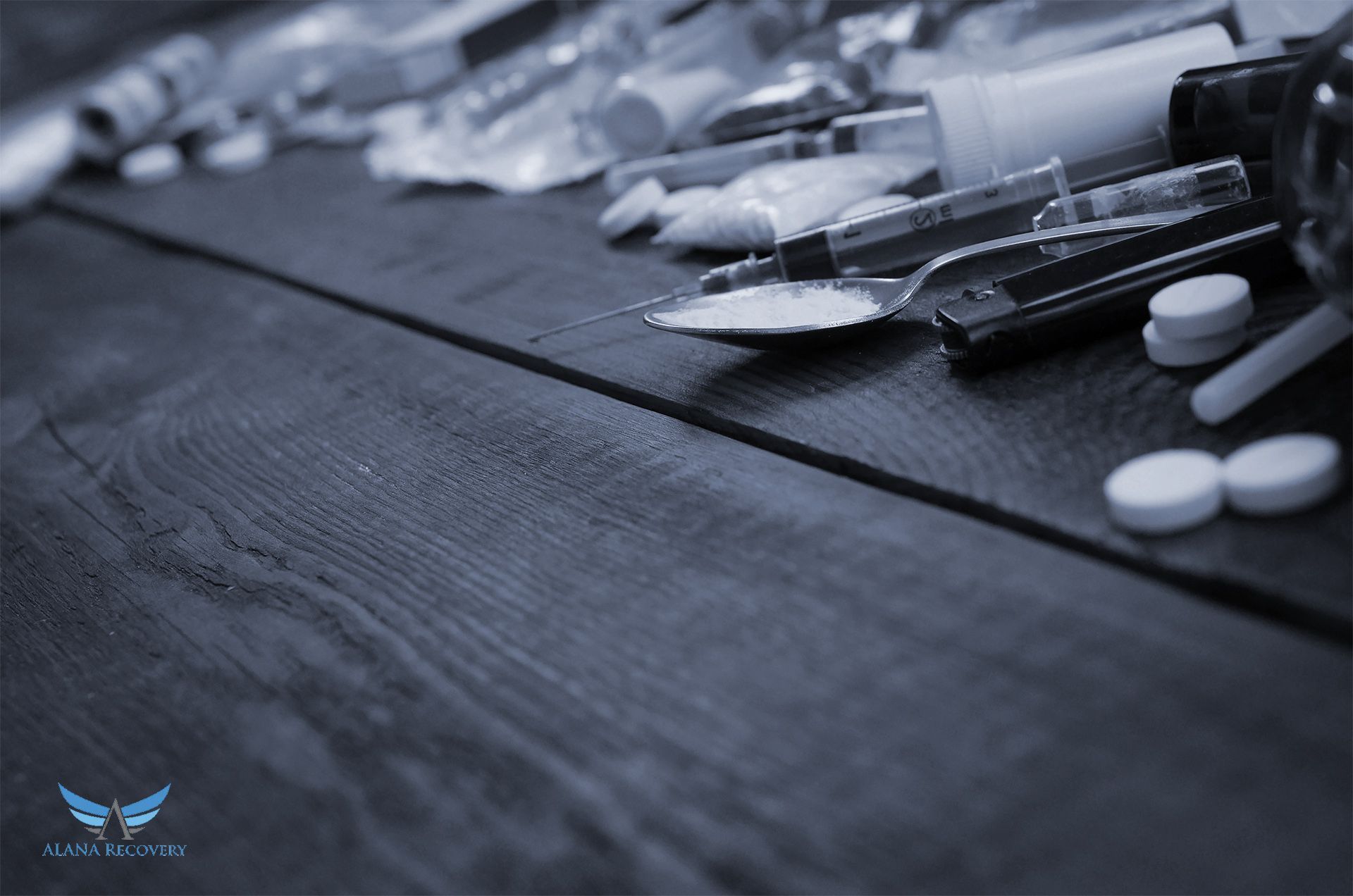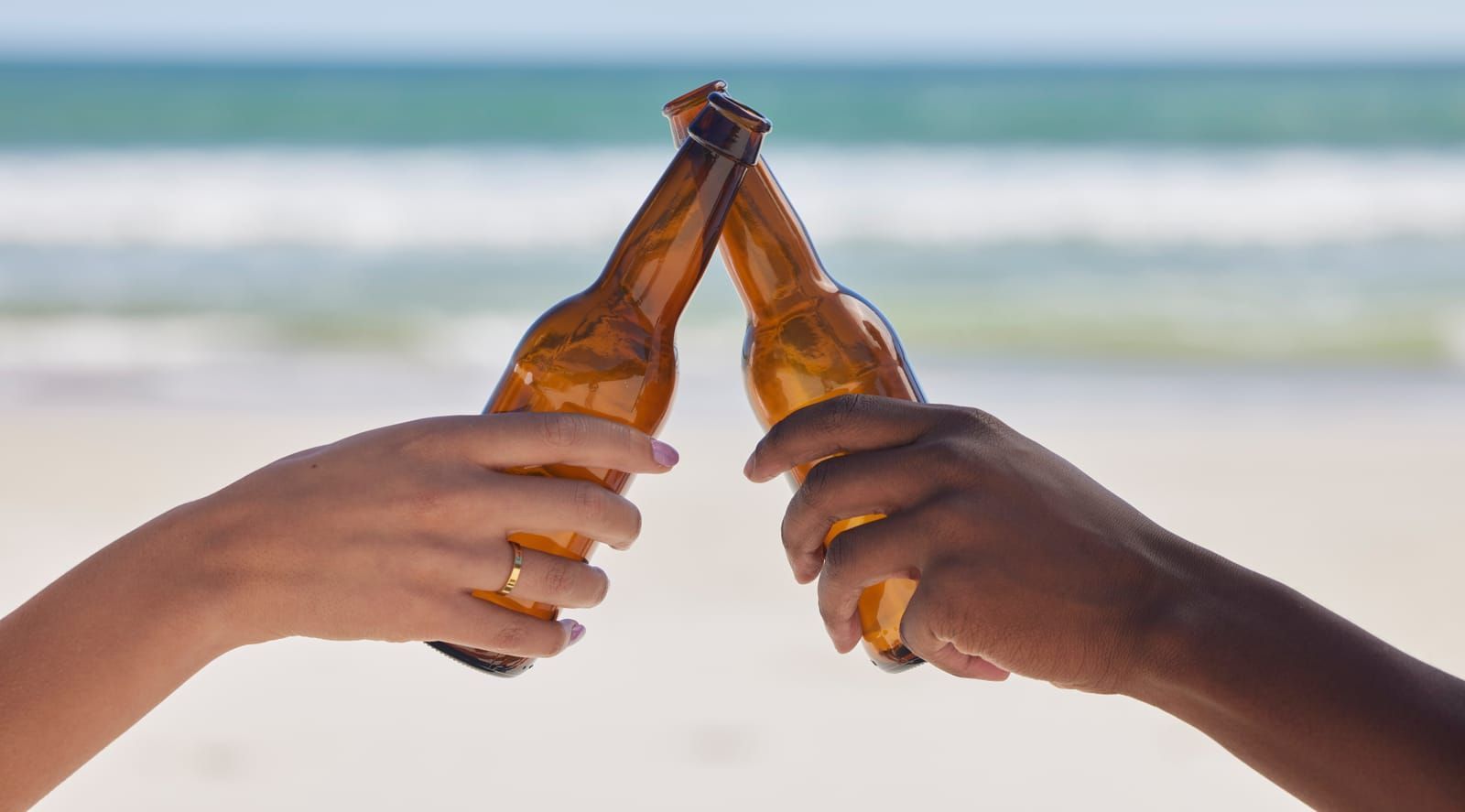Addiction can take many forms. Often, addiction presents as a dependency on drugs, alcohol, or even prescription medication, but other addictions include gambling addictions, sex addictions, and even social media or video game addictions. No matter what the addiction is, it is a serious problem that requires professional treatment. If you are worried about yourself or someone you know, it is important to look for signs of addiction so you can get help.
Signs of Addiction to Alcohol and Drugs
People who are addicted to alcohol or drugs might not realize that they have a problem. If you suspect someone in your life is struggling with drug addiction, look for these signs of drug abuse:
- Changes in appearance, such as weight loss or gain due to drug use
- Changes in behavior (such as mood swings)
- A decline in school grades and/or work performance
- An increase in risk-taking behaviors (such as driving under the influence)
- Isolating themselves from friends and family
- Secretive behavior or lying about drug use
If you notice any of these warning signs, it may be time to speak with an addiction specialist. We recommend talking with a professional about how best to approach this situation so that you can help your loved one get on track again.
A
local addiction treatment center can provide the tools and resources to beat addiction and start on the path to recovery. ALANA Recovery Centers offer IOP and
Outpatient Rehab options to fit your busy life. Most of our addiction treatment services are covered by health insurance.
Signs of Prescription Pill Addiction

Prescription drug abuse is a growing problem in the United States, with nearly 90% of people who try opioids becoming addicted within just five years. The most common types of prescription drug addiction include:
- Opioids such as OxyContin or Vicodin (often prescribed for pain)
- Stimulants like Adderall or Ritalin (typically used to treat ADHD)
- Sedatives including Xanax or Ativan (which are used to treat anxiety)
Common signs of prescription drug abuse include taking too much of the drug, using it more often than prescribed or for longer periods, and spending a lot of money on drugs.
Other signs include drug-seeking behavior such as doctor shopping (visiting multiple doctors to obtain prescriptions); lying about drug use; stealing prescription medication; and neglecting responsibilities at work or school to get high.
Signs of Alcoholism
Alcohol addiction, or alcoholism, is the most common addiction in the US. It is a chronic disease that causes people to drink even when they are aware of negative consequences and wish they could stop drinking.
Symptoms of alcoholism include an intense craving for alcohol, being unable to cut down on drinking, and continuing to drink despite negative health and social consequences.
Signs of alcoholism include physical changes such as increased tolerance to alcohol (needing more drinks to feel the effects of intoxication), experiencing withdrawal symptoms when not drinking, and physical dependence (unable to function without a drink). Alcohol addiction can also negatively impact people’s lives or relationships with family.
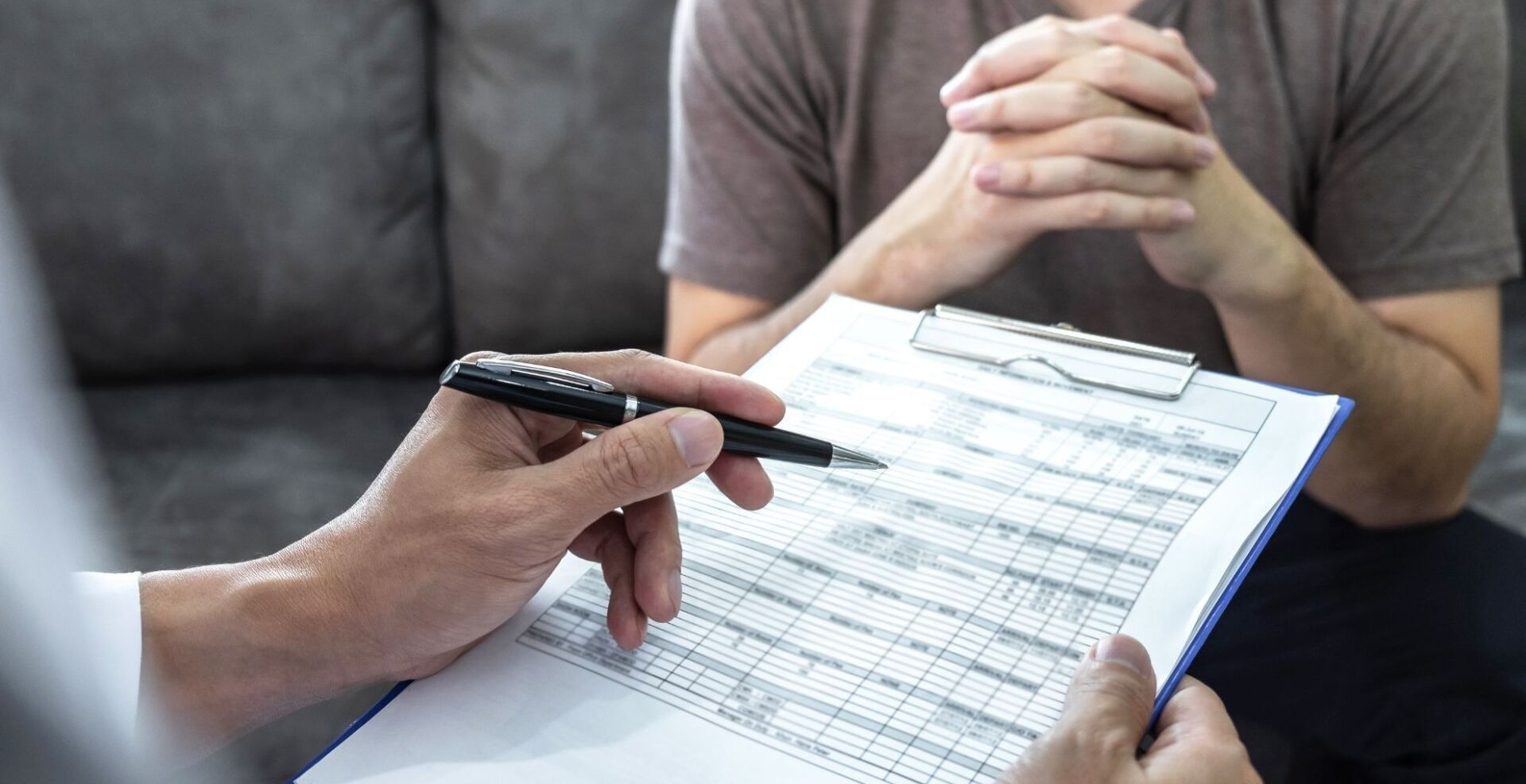
How to Recognize Addiction
Because drug addiction can lead to serious drug-related behaviors, it’s important for friends and family members who suspect drug abuse in someone close to them to seek treatment as soon as possible. The signs of drug or alcohol addiction include:
- Loss of control over how much one drinks or uses drugs (even though there is an awareness that continued substance abuse will result in social, physical, mental, financial, or legal problems).
- Regularly engaging in risky behavior such as alcohol use while driving or operating machinery.
- Continuing to drink or use drugs, even when it causes problems in relationships.
- Spending a great deal of time drinking or obtaining and using drugs; giving up activities that were previously important or enjoyable because of drug addiction (for example, going out with friends, exercising).
- Using drugs regularly—daily or almost daily—to avoid withdrawal symptoms. Withdrawal symptoms include shakiness, anxiety, sweating, and nausea among other physical issues as well as psychological signs like depression and irritability. When alcohol abuse is mixed with drug abuse the signs are more serious — including seizures and hallucinations.
- Experiencing blackouts or flashbacks (memory loss) as a result of drug or alcohol abuse.
- Tolerance to drugs—needing more of a substance to get the same effect; withdrawal symptoms when drug use is reduced or stopped. Withdrawal signs include: feeling sick and nauseous, shaking/tremors, sweating excessively, anxiety and depression .
The medical consequences for drug addicts can be severe: heart disease from amphetamine use, kidney failure from drug addiction, stroke from increased blood pressure, and seizures caused by drug abuse.
Get Help for Addiction
The signs of addiction can be different for everyone. If you or a loved one are suffering from addiction, it’s time to get a drug evaluation and seek treatment. To learn more about
treating addiction and starting recovery, contact
Metro-Atlanta IOP Recovery Center and speak with one of our addiction specialists. Our compassionate team is ready and eager to help.
Talk With a Provider Today!
Talk With a Provider Today!
Fighting addiction alone is an almost impossible task. Don't do this alone, call us today to start your road to recovery.

